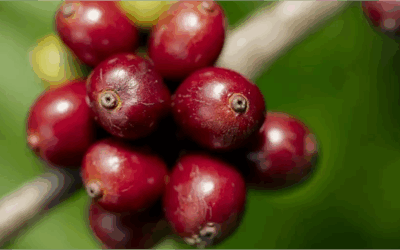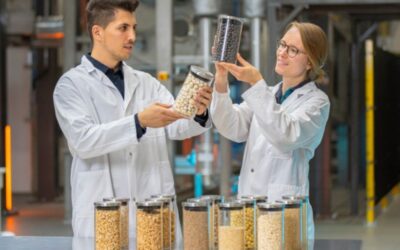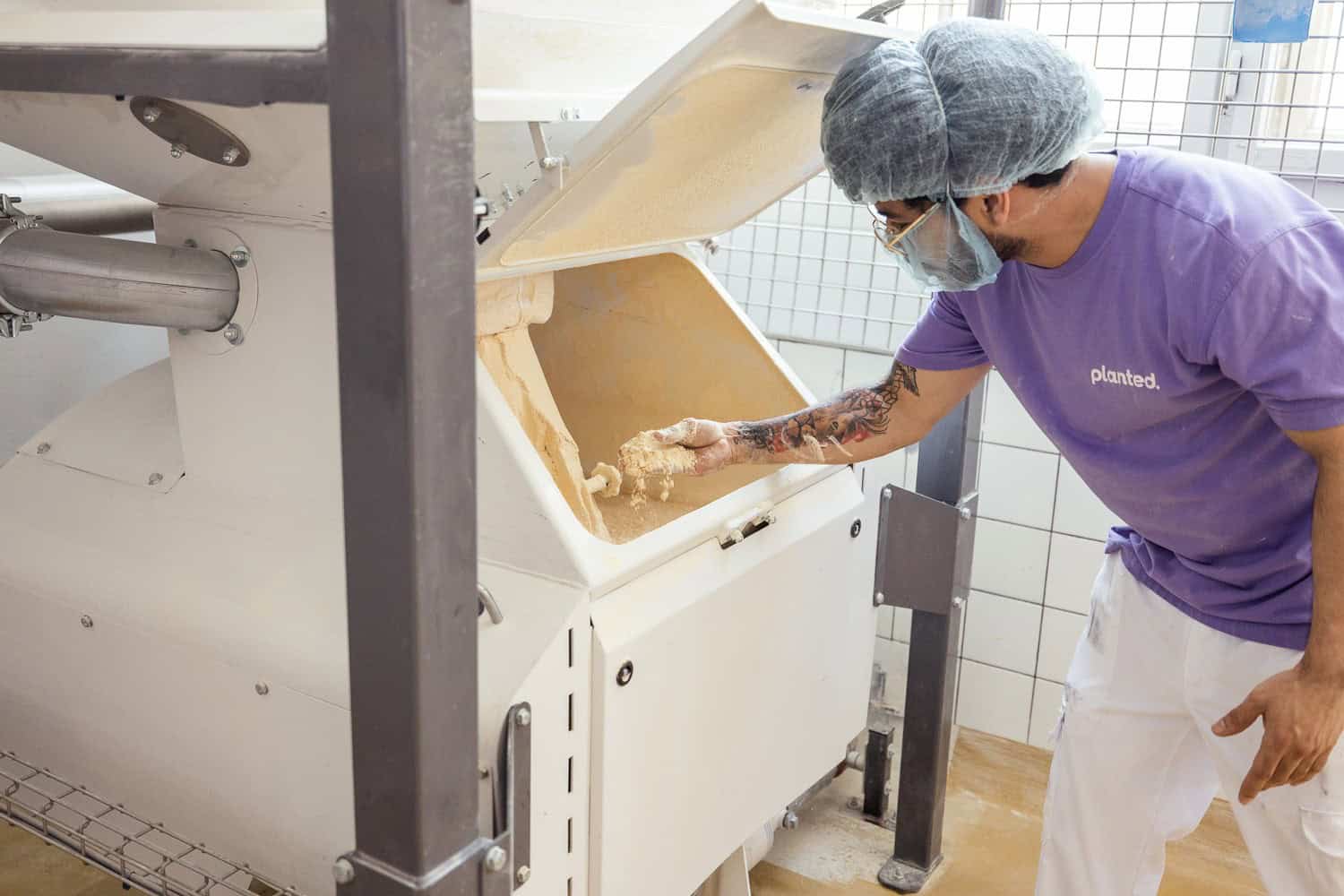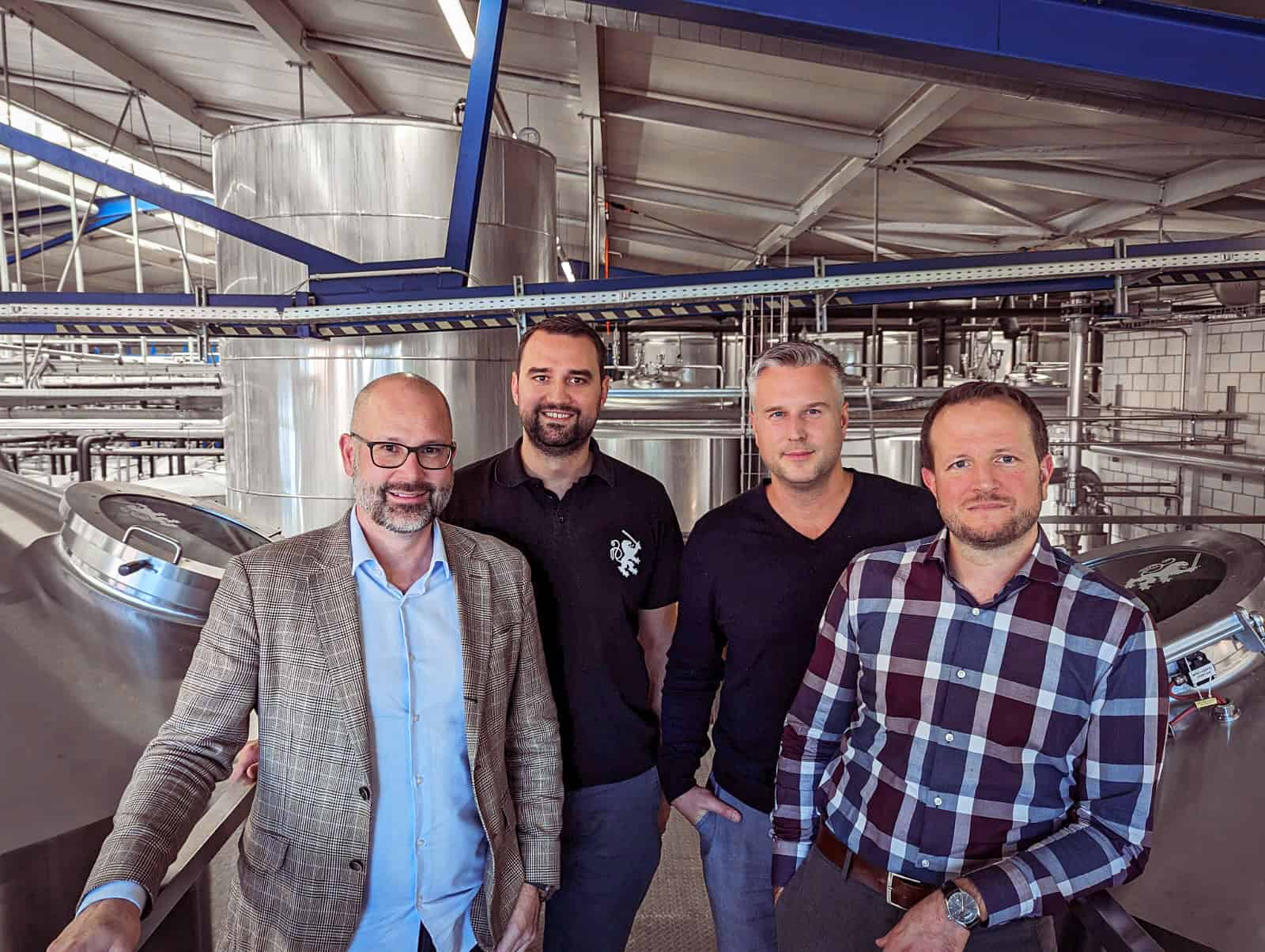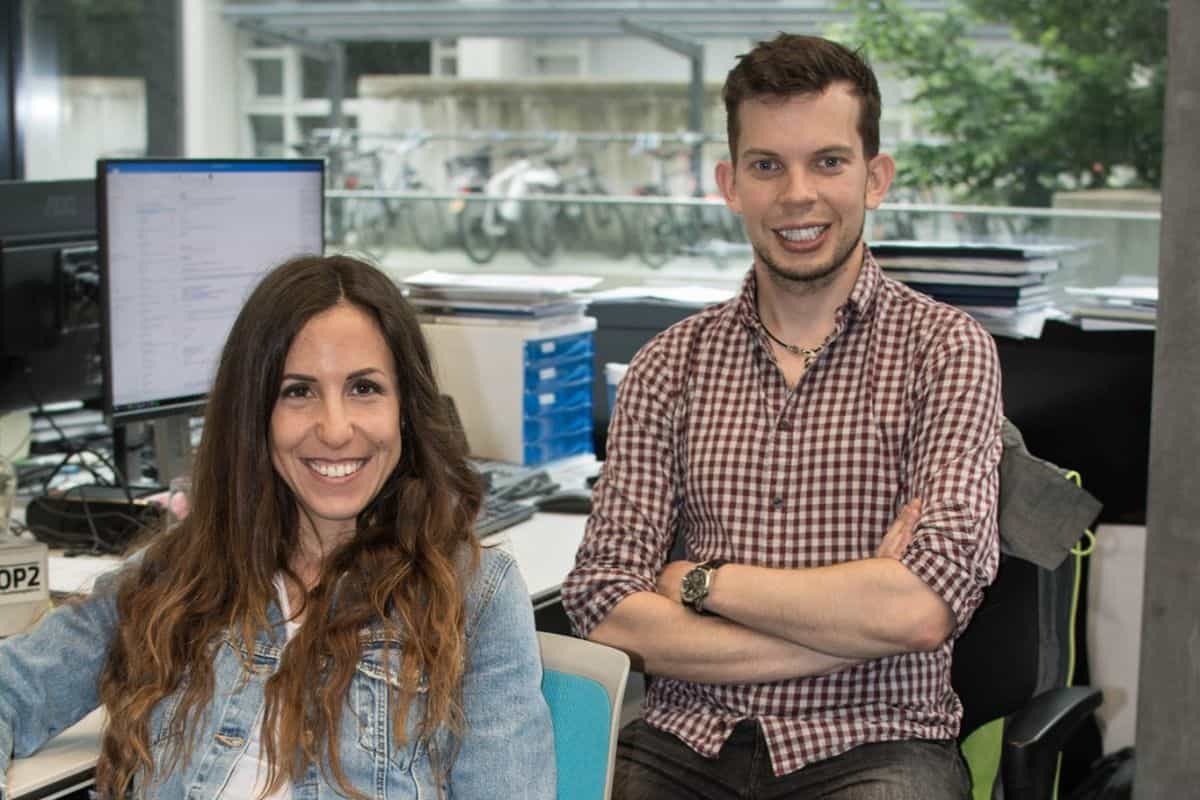Nescafé, Valley partner Nestlé's...
ADM receives Business Sustainability Award for work to expand regenerative agriculture
ADM receives Business Sustainability Award for work to expand regenerative agriculture

ADM has won the Environmental Initiatives category of the 2022 SEAL Business Sustainability Awards for expanding its regenerative agriculture programs. Granted by a judging panel of renowned environmental and energy industry experts, the award recognizes programs or initiatives that push the frontier on environmental leadership.
ADM’s project, “Providing Economic and Sustainable Solutions Through Regenerative Agriculture,” expands on ADM’s long-term commitment to support growers in their transition to regenerative agriculture. In 2022, ADM launched a number of projects and partnerships, including with the National Fish and Wildlife Foundation (NFWF), US Department of Agriculture, PepsiCo, and the Farmers Business Network, that equip farmers with financial, technical and educational resources to support regenerative farming.
Commenting on the development, Alison Taylor, chief sustainability officer at ADM said, “ADM is uniquely positioned to partner with growers and customers alike to create value for participants across the value chains in which we operate while helping secure a more sustainable future. We’re proud to continue to expand our partnership with growers, providing valuable support to enhance farm-level sustainability and helping their businesses grow and succeed while simultaneously advancing Scope 3 emissions goals for both ADM and our customers.”
ADM’s regenerative agriculture programs not only support farm economics, but also reduce supply chain impacts and protect local biodiversity. Their initiative has covered four continents to date and is expected to expand its reach further in the coming years. It’s engaged with growers to implement regenerative growing practices on more than 600,000 acres. In 2023, ADM plans to continue expansion in North America to cover one million acres by enrolling over 1,000 growers in regenerative programs. This project will also drive carbon reduction and sequestration of 300,000 MT of CO2e, making a significant contribution to ADM’s commitment to curbing emissions.
About ADM
ADM unlocks the power of nature to enrich the quality of life. As a premier global human and animal nutrition company, ADM delivers solutions today with an eye to the future – leading the way to a new future of plant-based consumer and industrial solutions to replace petroleum-based products. They’re also an agricultural supply chain manager and processor, providing food security by connecting local needs with global capabilities. Sustainability is one of their key values and they work to scale across entire value chains to help decarbonize our industry and safeguard our planet. From the seed of the idea to the outcome of the solution, ADM gives customers an edge in solving the nutritional and sustainability challenges of today and tomorrow.
Learn more at www.adm.com
Never miss a Swiss food innovation morsel.
Latest News
Valley partner Nestlé’s Nescafé surpasses 2025 regenerative agriculture goal
Bühler opens puffing technology center to bolster product development capabilities
Swiss tech leader Bühler has opened...
Igeho Rising Star 2025: five finalists announced
The results are in: The Swiss food and...
New Roots founders launch a new plant-based protein, Yellow Sunshine
The cofounders of Valley partner New...
